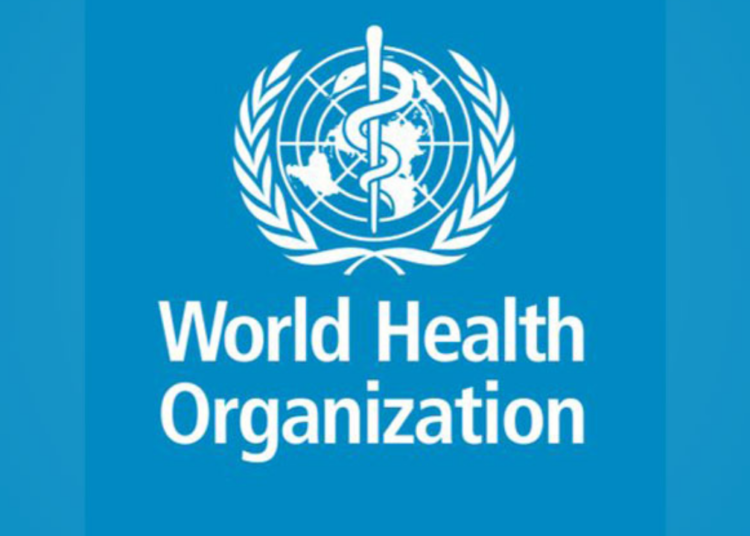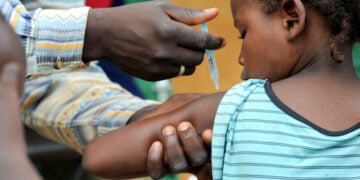The World Health Organization (WHO) announced the prequalification of the R21/Matrix-M vaccine for malaria, adding it to the list of approved vaccines for the disease. This significant step follows the organisation’s recommendation for the vaccine’s use in children to prevent malaria, issued in October 2023.
The WHO’s decision, guided by its expert advisory groups, paves the way for broader access to this vital tool in fighting malaria. Prequalification signifies that the vaccine meets international standards for safety, efficacy, and quality, making it eligible for procurement by UNICEF and funding support from Gavi, the Vaccine Alliance.
This marks a crucial milestone in malaria prevention, as the R21/Matrix-M becomes the second WHO-prequalified malaria vaccine after RTS,S/AS01 in July 2022. Both vaccines boast strong results in clinical trials, demonstrating their effectiveness in protecting children against malaria.
Widespread implementation of these vaccines, alongside existing malaria control measures, is expected to have a significant public health impact, particularly in the African Region where the mosquito-borne disease claims the lives of nearly half a million children annually. With an estimated 249 million malaria cases and 608,000 deaths globally in 2022, the need for effective prevention tools remains critical.
The prequalification of the R21 vaccine, developed by Oxford University and manufactured by Serum Institute of India, is poised to expand access to malaria prevention through vaccination. This is particularly impactful considering the high demand for malaria vaccines that has outstripped supply so far. With two pre qualified options now available, African countries can expect increased vaccine availability to protect their vulnerable populations.
Dr. Rogério Gaspar, WHO’s Director of the Department of Regulation and Prequalification, stressed the importance of prequalification in ensuring safe and effective vaccines for global immunisation programs. He highlighted the continuous evaluation of products for prequalification as a central aspect of their commitment to increasing access to quality health products.
Dr. Kate O’Brien, Director of the Department of Immunization, Vaccines and Biologicals, expressed excitement about this advancement in global health, calling the prequalification of the R21 vaccine a major step towards eradicating malaria. She reiterated the organisation’s unwavering commitment to defeating this formidable foe and saving children from its devastating consequences. This progress reinforces the pursuit of a malaria-free future where every life is shielded from this devastating disease.
Dr. O’Brien further explained the rigorous prequalification process, emphasising the application of international standards to assess vaccine safety, efficacy, and adherence to manufacturing regulations. Additionally, WHO ensures the continued quality and effectiveness of prequalified vaccines through regular re-evaluations, site inspections, and targeted testing. This comprehensive approach supports the specific needs of national immunisation programs by considering factors like vaccine potency, thermostability, presentation, labelling, and shipping conditions.
The prequalification of the R21/Matrix-M vaccine marks a significant victory in the ongoing fight against malaria. With expanded access to this life saving tool, the hope for a malaria-free future grows stronger, offering children and communities a healthier and more resilient future.
NAN





